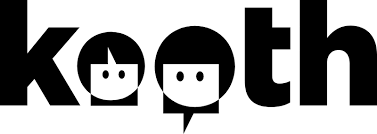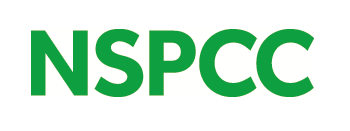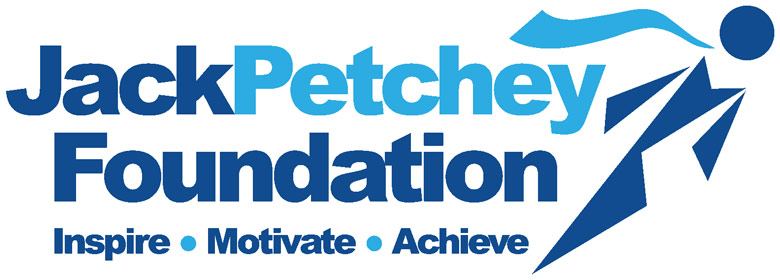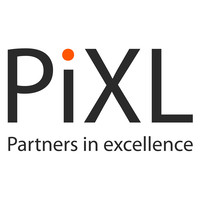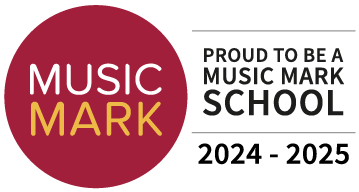
Mathematics
Head of Mathematics Faculty: Mr. C Bektas
email:caglar.bektas@winchmore.enfield.sch.uk
tel: 0208 360 7773 Ext 460
At Winchmore we have a large and richly diverse community. Our intent is for all students to be able to confidently use and appreciate the application of mathematics in solving a wide variety of real life problems; we would like our students to have a strong foundation in basic concepts and be able to reason mathematically. Our aim is to show students how Mathematics is used in the real world through modelling and problem solving, for example, when teaching percentages apply the theories to simple models for loans, mortgages, savings and tax calculations.
Our teachers have creative freedom to use resources other than the text books provided for each class. We encourage the team to work collaboratively in collecting and creating a bank of resources from which we can select and/or adapt to best meet the needs of the students in each class. We also frequently encourage students to solve worded problem solving questions as part of our focus on the development of literacy for Maths.
KEY STAGE 5
Exam Board : EDEXCEL
Units We Offer: Pure 1, Pure 2, Applied 1 and Applied 2 – these are all compulsory for a full A level qualification.
Specific GCSE requirements for access to this course:
Maths GCSE at grade 7 or above from Higher Tier paper. Ideally students from set 1 and set 2. Students with grade 6 will be taken into consideration on an individual basis.
- What kind of student is suitable for this course?
- Students who wish to:
- use mathematical skills and knowledge to solve problems
- solve quite complicated problems by using mathematical arguments and logic. You will also have to understand and demonstrate what is meant by proof in mathematics
- simplify real life situations so that you can use mathematics to show what is happening and what might happen in different circumstances
- use the mathematics that you learn to solve problems that are given to you in a real-life context
- use calculator technology and other resources effectively and appropriately; understand calculator limitations and when it is inappropriate to use such technology.
Main Features of this course:
Pure Mathematics
When studying core mathematics at AS and Advanced GCE you will be extending your knowledge of such topics as algebra and trigonometry as well as learning some brand new ideas such as calculus. If you enjoyed the challenge of problem solving at GCSE using such mathematical techniques, then you should find the prospect of this course very appealing. Although many of the ideas you will meet in pure mathematics are interesting in their own right, they also serve as a core foundation for other branches of mathematics, especially mechanics and statistics.
Mechanics
If you choose to study mechanics you will learn how to describe mathematically the motion of objects and how they respond to forces acting upon them, from cars in the street to satellites revolving around a planet. You will learn the technique of mathematical modelling; that is, of turning a complicated physical problem into a simpler one that can be analysed and solved using mathematical methods. Many of the ideas you will meet in the course form an almost essential introduction to such important modern fields of study as cybernetics, robotics, biomechanics and sports science, as well as the more traditional areas of engineering and physics.



